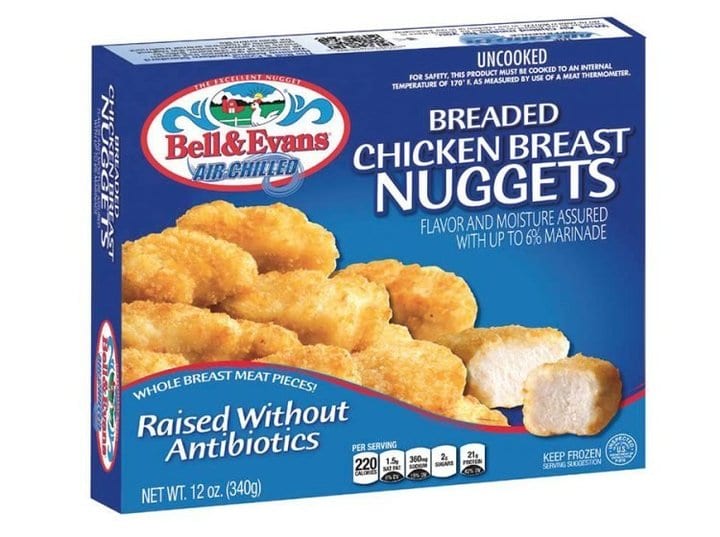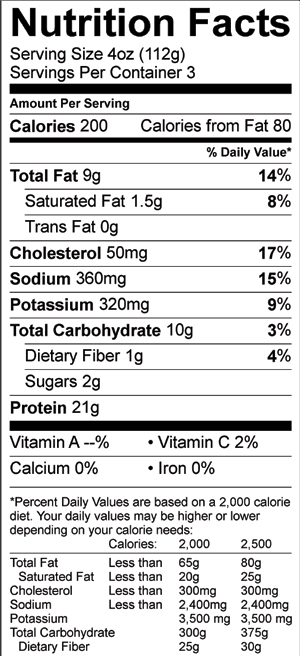

Bills go unpaid because, when push comes to shove, food wins out. Running the errand would mean forgoing overtime pay that could go for groceries.

It’s peak harvest time, and he often works until eight at night, applying pesticides on commercial farms for $14 an hour. But that will happen only if Jim finishes work early. She and Jim need to open a new bank account so they can make automatic payments instead of scrambling to pay in cash. On this particular afternoon Dreier is worried about the family van, which is on the brink of repossession.

Congressional cuts to SNAP last fall of five billion dollars pared her benefits from $205 to $172 a month. She and her husband, Jim, pit one bill against the next-the phone against the rent against the heat against the gas-trying always to set aside money to make up for what they can’t get from the food pantry or with their food stamps, issued by the Supplemental Nutrition Assistance Program (SNAP). The fear of being unable to feed her children hangs over Dreier’s days. “I eat lunch if there’s enough,” she says. She’s gone through most of the food she got last week from a local food pantry her own lunch will be the bits of potato left on the kids’ plates. She shakes the last seven chicken nuggets onto a battered baking sheet, adds the remnants of a bag of Tater Tots and a couple of hot dogs from the fridge, and slides it all into the oven. Keagan ignores the school breakfast on offer and is so hungry by lunchtime that Dreier picks through the dregs of her freezer in hopes of filling him and his little sister up. Dreier knows her gambit might backfire, and it does.


 0 kommentar(er)
0 kommentar(er)
